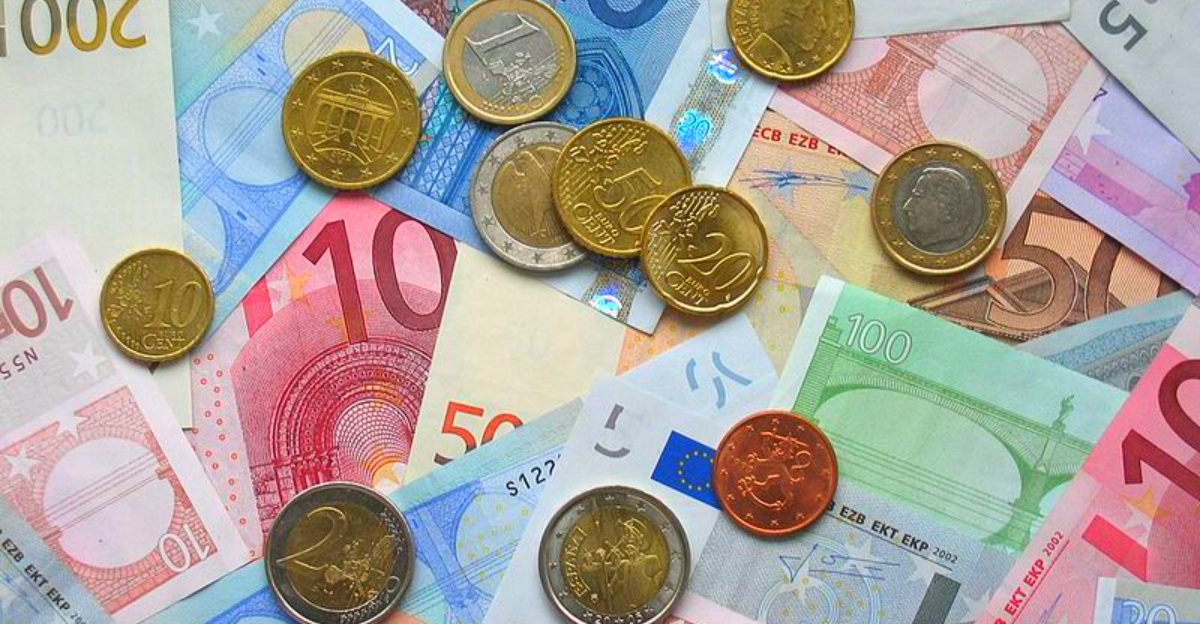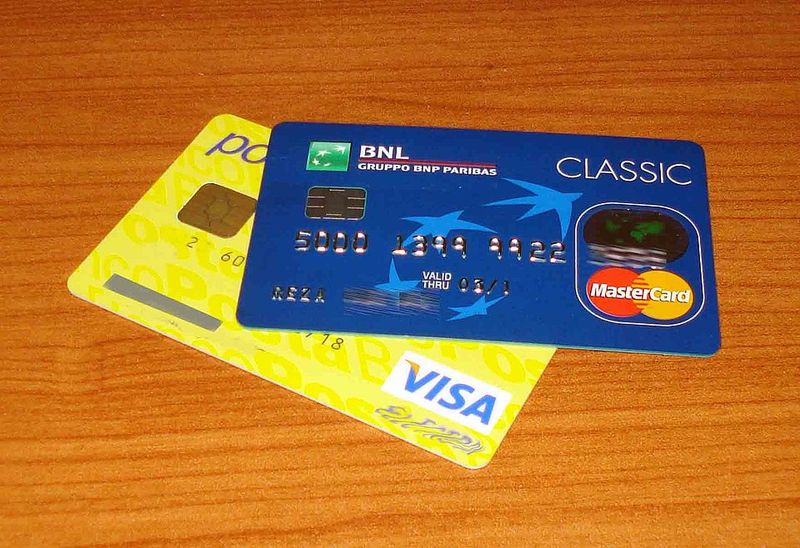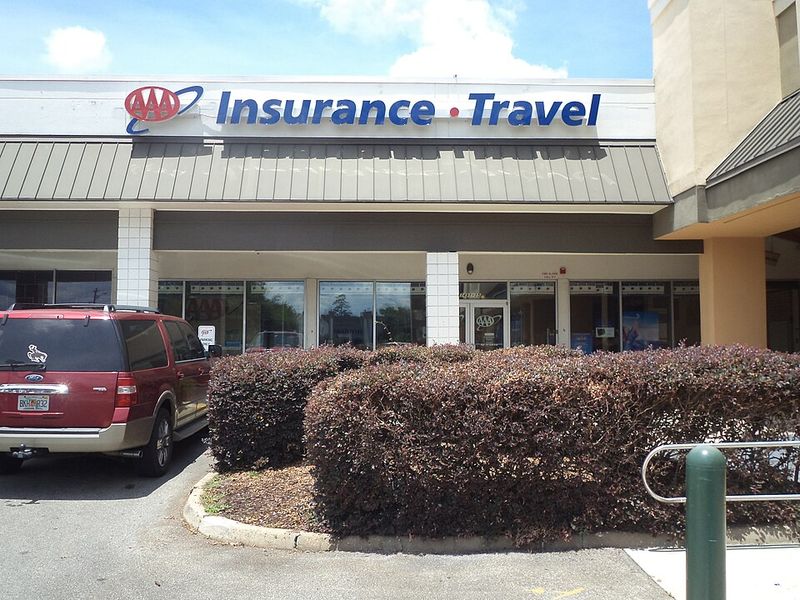Traveling to Europe is an exciting adventure filled with history, culture, and breathtaking landscapes. However, even seasoned travelers can find themselves entangled in costly mistakes, especially with the evolving landscape of 2025. From new regulations to local quirks, these 11 travel mistakes could have a significant impact on your wallet and experience. Here’s how to navigate them effectively.
1. Ignoring the New ETIAS Requirement
Starting in mid-2025, the ETIAS travel authorization is mandatory for non-EU visitors to 30 European countries. It’s crucial to remember that it’s a simple online application costing around €7. Yet, neglecting this can result in denied boarding or entry.
Picture this: you’re at the airport, bags packed, ready to embark on your European adventure, only to be stopped at check-in. Ensure you apply at least a week before departure to avoid such a scenario.
The digital age makes it convenient, but it’s not forgiving of forgetfulness. With the ease of online applications, there’s no reason to miss this crucial step.
2. Not Checking for Tourist Taxes
Many European cities, particularly major tourist hubs like Venice and Barcelona, have ramped up or introduced new tourist taxes. These fees might seem minor, but they accumulate quickly, especially for families.
Imagine checking out of your hotel and being caught off guard by an unexpected charge. Tourist taxes are generally imposed to support infrastructure and manage overcrowding.
Always confirm the current rates with your accommodation or city tourism site before arrival. Being informed allows you to budget properly and avoid unpleasant surprises when settling your bill.
3. Using Credit Cards Without Foreign Transaction Perks
Credit card fees can be a silent drain on your travel budget. Many cards charge up to 3% in foreign transaction fees, turning a pleasant dinner into a more expensive affair.
Opt for travel-friendly cards like those from Chase or Capital One, which waive these fees. You’ll often benefit from more favorable exchange rates too.
Before you travel, review your card’s terms or consider switching to one that offers better perks for international use. Avoid paying more than necessary and keep those savings for a special treat during your trip.
4. Overlooking Train Reservation Fees
Europe’s train network is a marvel, but not all tickets are created equal. On high-speed routes like Paris-Rome, seat reservations are essential.
Imagine reaching the station only to discover that your rail pass isn’t enough. The additional reservation fees, if available last minute, can be costly or worse, result in missed connections.
Secure your reservations in advance, especially during peak travel seasons. Doing so ensures a smooth journey through Europe’s scenic landscapes without unexpected hurdles.
5. Relying Solely on Cash
While cash used to be king, many European businesses are now cashless, especially in regions like Scandinavia and the Netherlands. It’s a myth that cash is universally accepted.
Although carrying a small amount for emergencies is wise, be prepared to use cards or mobile wallets for most transactions. This shift is driven by convenience and security.
Having the right payment method ensures you’re never caught short. Embrace this change and enjoy hassle-free purchases across Europe.
6. Renting a Car Without Understanding Insurance Rules
Car rental insurance in Europe can be a maze. Assuming your credit card covers everything could be a mistake, as many policies exclude specific countries or damages.
Imagine facing a hefty bill for a minor scratch, simply because you overlooked the fine print. Always verify your card’s coverage before declining rental insurance.
Understanding these nuances prevents unforeseen costs and peace of mind during your travels. A little research goes a long way in ensuring a smooth ride across Europe’s scenic routes.
7. Failing to Book Attractions in Advance
Iconic attractions such as the Colosseum and Sagrada Família now require timed entry tickets. These can sell out weeks in advance, leaving spontaneous travelers disappointed.
To avoid paying exorbitant reseller prices or missing out, book through official websites as early as possible. It allows you to plan your itinerary efficiently.
This practice also saves time, letting you bypass long queues and make the most of your visit. Pre-booking ensures that you don’t miss the highlights of your trip.
8. Ignoring Luggage Weight and Size Limits
Budget airlines like Ryanair and EasyJet are notorious for their strict luggage policies. Oversize or overweight bags can result in fees higher than your ticket.
Imagine arriving at the gate and being hit with unexpected charges because your carry-on exceeds the limits. Weigh and measure your bags before departure.
Knowing these restrictions helps you avoid unnecessary costs and streamline your travel experience. Pack smart, and keep your journey stress-free and within budget.
9. Using Ride-Sharing Without Checking Local Laws
Ride-sharing apps like Uber and Bolt operate under varying regulations across Europe. In places like Italy, only licensed taxi drivers can use these apps.
Imagine booking a ride, only to have it canceled due to local laws. It’s essential to familiarize yourself with the transport rules of each destination.
Doing so saves time and frustration, ensuring smooth and legal transportation during your travels. Stay informed to avoid potential fines or inconveniences.
10. Skipping Travel Insurance
While Europe offers excellent healthcare, it’s not free for non-EU travelers. A single accident or illness can lead to substantial medical expenses.
Travel insurance covers trip cancellations, lost luggage, and medical emergencies, providing peace of mind. The cost is minor compared to potential out-of-pocket expenses.
Don’t leave your well-being to chance. Invest in comprehensive travel insurance to protect yourself from unexpected events.
11. Not Understanding Currency Differences
Not all European countries use the euro. Nations like Sweden, Denmark, and Poland have their own currencies, which can lead to unexpected costs.
Imagine the confusion when dynamic conversion fees at ATMs quietly deplete your funds. Always choose to be charged in the local currency, not your home one.
Familiarize yourself with the currency of your destination. This knowledge helps you budget accurately and avoid unnecessary charges.















